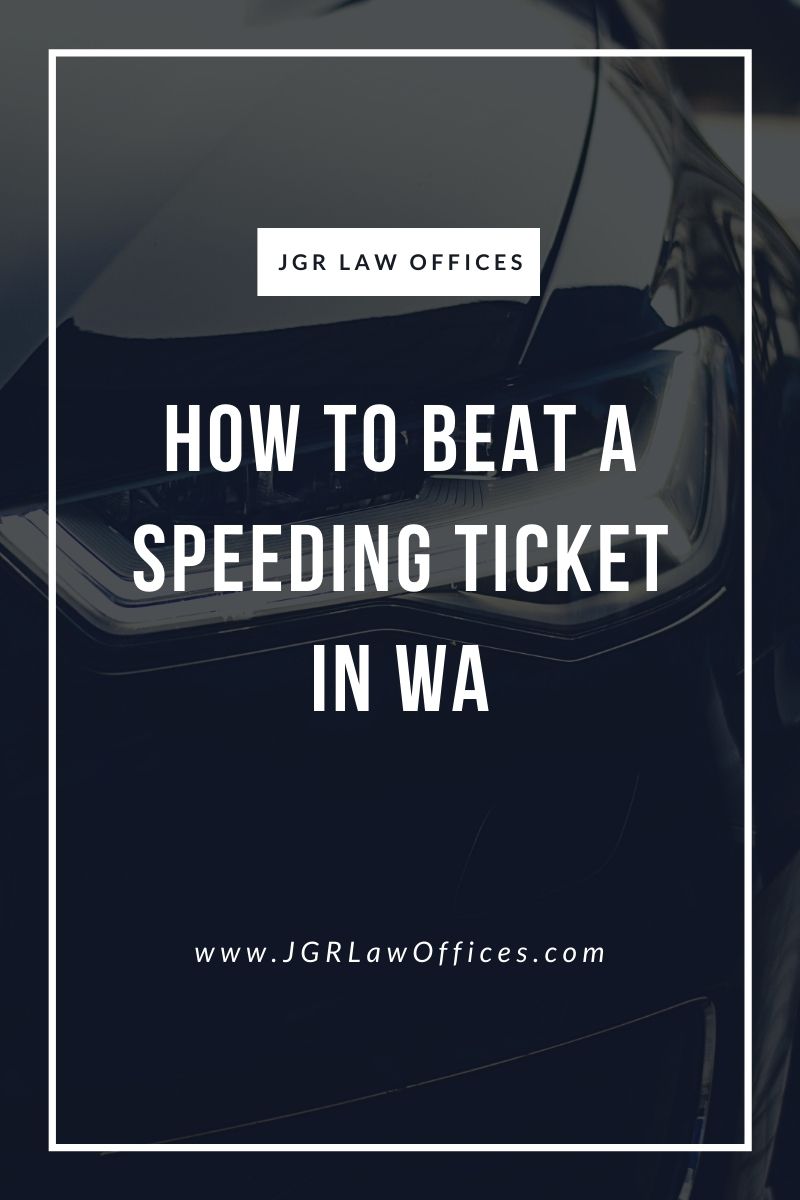Criminal defendants have access to police personnel files.
Defendants who can show that an official’s prior misconduct is relevant to their defense may be granted access to secret personnel files.
Courts, like everyone who has ever contested a traffic ticket, often presume that everything an officer says is accurate, even when witnesses contradict the officer’s account of events. It is especially difficult to assume that an officer acted properly on a specific occasion or accurately reported an incident in conflicts between police officers and civilians. What should a defendant do, given the typical disposition of police officers in self-defense?
Make a recording request.
Most countries have a process in place for a defendant who claims that an agent abused them to obtain access to the agent’s personal files. The defense may be required to acquire papers from the prosecutor, another entity with “custody,” or both.
Complaints from people and other signs of misconduct by public employees are often found in personnel files. The defense’s access to information is based on the premise that the official’s record of prior instances of violence supports the accused’s claim. In addition, the defense may follow in the footsteps of the personnel files by conducting its own investigations into the officer’s previous actions.Is it possible for the general public to get police records?
Access to data containing allegations of police wrongdoing is not usually limited to criminal suspects. The public has a right to be informed of police behavior of public concern on occasion. For example, California has a legislation requiring the public access to the following kinds of police personnel records and documents maintained by government agencies:All kinds of information that fall into any of the aforementioned categories, including investigation reports, photographs, audio recordings, films, and disciplinary minutes, are required to be posted under California law.There are exceptions to this California statute, as there are to many other laws. Certain personal data and information, for example, that may legally harm someone should be blacked out. Furthermore, under the proper conditions, an authority in possession of pertinent records may postpone publication. One example is delaying the release of records from an event in which an officer was subjected to severe violence while an inquiry into the occurrence is underway.
Obtain the recordings
Just because there is a procedure for obtaining documents from police officers does not imply that suspects will get them automatically. When a defendant requests a witness’s personal file, the government (whether the prosecution or another government agency holding the data) is often obliged to examine the records and disclose any relevant material to help the defense.As a general rule, the government has the legal right to refuse to disclose personal data if there is no reason to think they would be helpful or relevant to the defendant’s case. Fortunately, the courts often supervise the review process to decide if publication of the papers will benefit the defense.
The registration procedure in action
In California, for example, a defendant has the right to request that police officers disclose material in their defense. (Cal. Pen. Code, 832.7 (2019), Evid. Code, 1043 ff. (2019), Garcia v. Superior Court, 42 Cal.4th 63 (2007), for example.) Everyone who is a defendant must be dealt with. To explain how the facts might help or hurt his defense or damage the official’s credibility. (See, for example, Garcia v. Superior Court.)
Officials said in a 2009 California case that the defendant offered to sell cocaine to one of them, then fought arrest and ingested the narcotics. The defendant claimed that an officer grabbed his shirt and pushed him to the ground without explanation, and that evidence of cocaine usage was later discovered. He asked for this officer’s and one other person’s personnel files. The trial judge even declined to go into the officers’ personal files for defensive material, such as instances of dishonesty and fabrication of police reports. The California Supreme Court agreed with the lower court that the trial judge’s rejection was incorrect. The judge was obliged to go through the papers and furnish the defense with those that were relevant.
Speak with an attorney.
Contact an experienced criminal defense attorney if you want to know whether you have a genuine possibility of getting documents from police officers. Your attorney can advise you on the probability of getting the papers as well as the associated procedure, both of which are jurisdictional.
